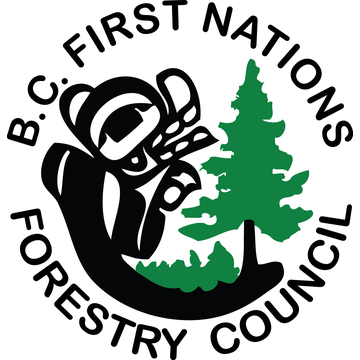
Industry News
Policies
BC First Nations Forestry Council calls for a forest policy consultation reset
December 2, 2021 By BC First Nations Forestry Council

The B.C. First Nations Forestry Council is calling on the Ministry of Forests, Lands, Natural Resources Operations and Rural Development (FLNRORD) to properly engage with First Nations on changes to modernize forest policy in B.C.
FLNRORD began engaging with First Nations on policy and legislative changes in July, when many Nations were under states of local emergencies due to major wildfires. Now, as much of B.C. continues to grapple with the effects of flooding, the Province is making sweeping changes to forest legislation without any substantial First Nations input. These expedited timelines do not allow for the meaningful and informed consultation required by provincial law under the Declaration on the Rights of Indigenous Peoples Act (the Declaration Act), rendering this process disrespectful, flawed and disingenuous.
“We just receive letter after letter. The province has not met with us or responded to our letters, and we don’t have the resources or expertise needed to understand the implications of these changes on our rights,” explained Chief Greg Blain of the Ashcroft Indian Band.
“First Nations’ free, prior, informed consent are required before changing forestry policies and legislation,” says Dr. Charlene Higgins, CEO of the Forestry Council, speaking directly to Article 19 of the UN Declaration on the Rights of Indigenous Peoples. “The Province is ramming through significant changes to forest legislation, through Bills 23 and 28, without meaningful and informed consultation with First Nations. They are box-ticking. Nations need to have real input into the drafting of this legislation, which will impact their lands and rights.”
In July 2021, FLNRORD outlined 20 policy topics for modernizing forestry based in an Intentions Paper that was developed internally by the ministry, without input from First Nations. These policy intentions are focused on provincial priorities, which do not advance many of the key goals and priority areas for change identified by First Nations in the B.C. First Nations Forest Strategy.
“The engagement process with Nations must be reset,” says Chief Bill Williams, president of the Forestry Council. “We are calling on Nations to reject the process of engagement until we can work together to do the technical analysis needed to assist Nations with understanding the implications on their governance and stewardship responsibilities, and their forest licences. This is the kind of work the Forestry Council was established to do.”
Print this page